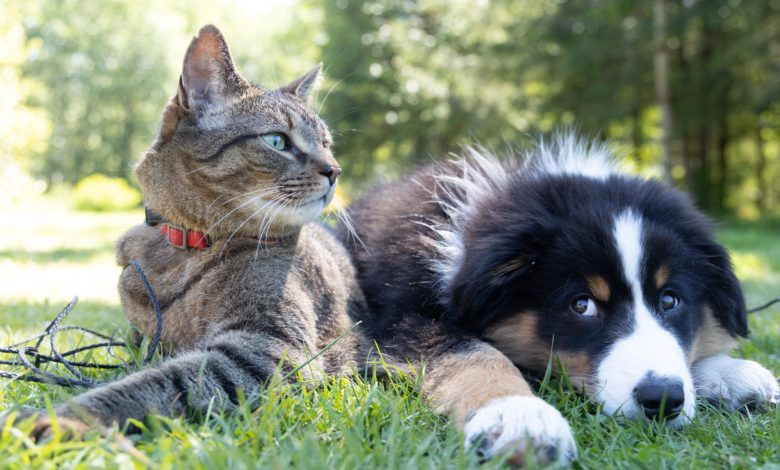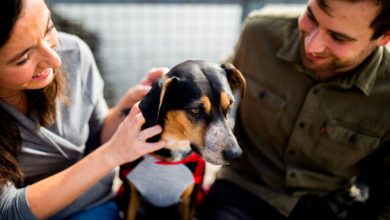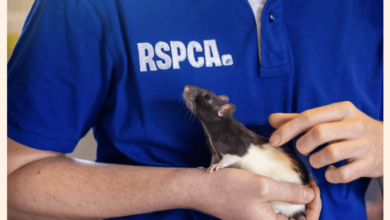Cats Protection and Dogs Trust welcomes Pet Abduction Bill
By supporting the Pet Abduction Bill, the government is delivering on pledges made in its Action Plan for Animal Welfare

UK animal charities Cats Protection and Dogs Trust have welcomed the Pet Abduction Bill, following its second reading today (19 January).







